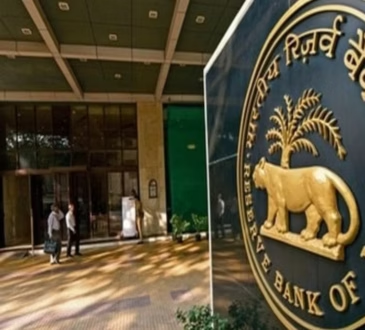[NEW YORK] The Hong Kong dollar’s funding costs plunged the most since 2008, as the monetary authority’s intervention to defend the currency peg helped boost liquidity in the financial system.
The one-month Hong Kong Interbank Offered Rate declined 58 basis points to 3.08 per cent on Wednesday (May 7), the most since 2008, according to Bloomberg calculations. Easing interest rates will help reduce the appeal of purchasing the Hong Kong dollar and moderate appreciation pressure.
The Hong Kong Monetary Authority (HKMA) stepped into the market to sell HK$129.4 billion (S$167 billion) worth of local currency against the greenback in four intervention operations since Friday, after the Hong Kong dollar reached the strong end of its 7.75 to 7.85 per greenback trading band.
The HKMA interventions are also expected to drive up its aggregate balance, a measure of interbank liquidity, to HK$174.1 billion on May 8. That gauge was previously hovering near the lowest level since 2008, after the monetary authority sold US dollars to defend the peg in recent years.
“As the HKMA intervenes and inject liquidity, the short-end Hibors are bound to drop,” said Stephen Chiu, chief Asia FX and rates strategist at Bloomberg Intelligence. He expects the one-month and three-month Hibors to fall to 3 per cent and 3.3 per cent, respectively, assuming total Federal Reserve rate cuts of 50 basis points and if the aggregate balance reaches HK$300 billion this year.
Additional cash in the banking system may also help alleviate the rising demand for cash in Hong Kong’s capital market to subscribe shares of Contemporary Amperex Technology Co Limited, which is expected to be the city’s biggest listing in years. It may also help support the city’s economy in the face of steep US tariffs.
The Hong Kong dollar edged down to 7.7544 per US dollar on Wednesday, further drifting away from the strong end of its trading band.
Asian currencies have been gaining of late, as the US dollar sank on concerns over a US economic recession and amid hopes the global trade war may ease eventually. Like Hong Kong’s authorities, Taiwan’s central bank also intervened to limit the local currency’s gains.
“With the fading of the US exceptionalism view and considering the market narrative of de-dollarisation, Hong Kong dollar strength will likely sustain for longer in 2025,” Raymond Yeung and Khoon Goh of Australia & New Zealand Banking Group wrote in a note, adding that “The influx of capital into the Hong Kong market seems to be structural and is only in the early stages.” BLOOMBERG




